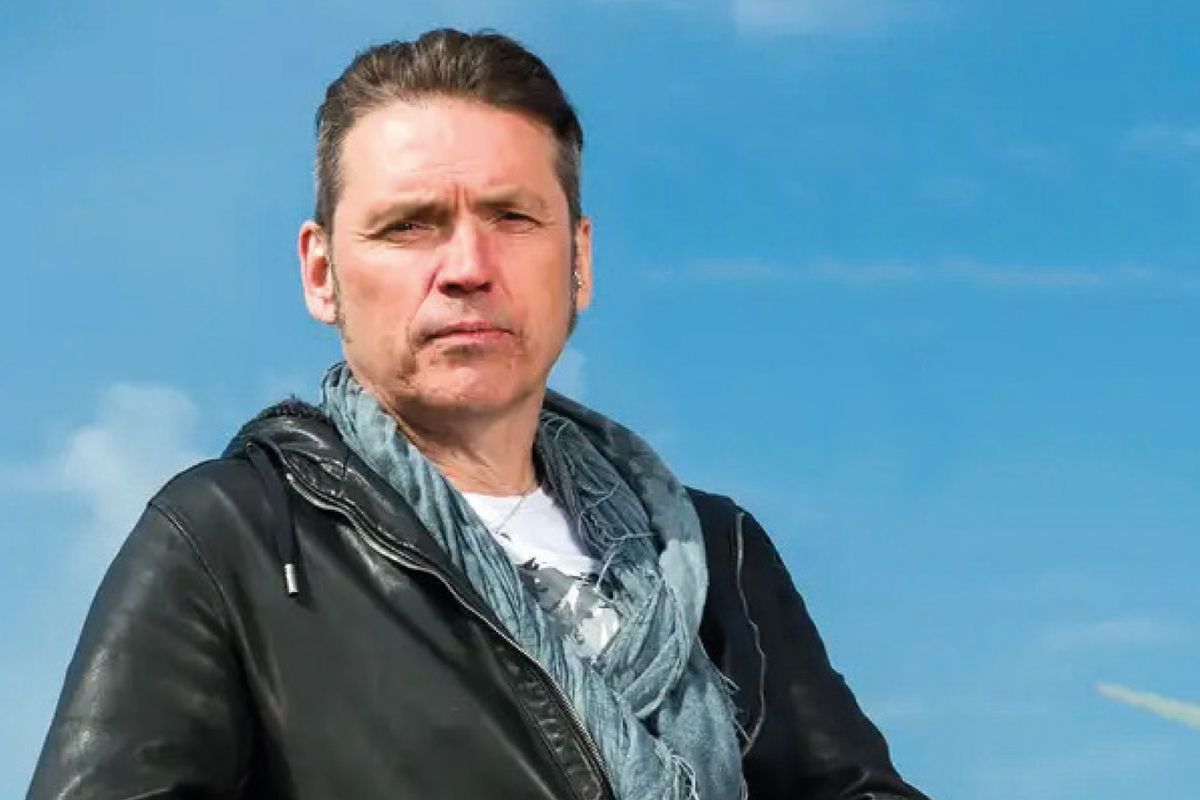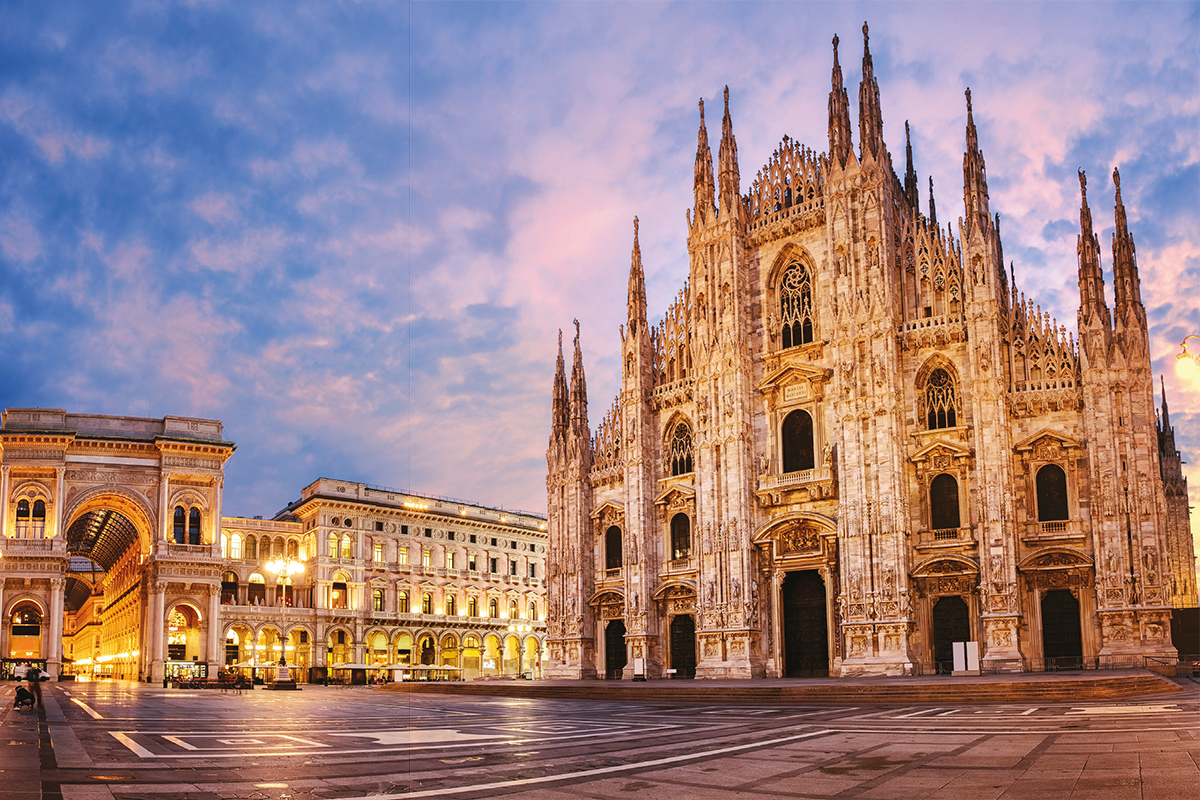
As politicians of all nations and all political colours bicker over Net Zero, and how to enact the appropriate policies in time for their own deadlines, it’s refreshing to see someone who, while not currently in the party political sphere, actually doing something about achieving it.
Dale Vince OBE is a green energy industrialist, and founder of Ecotricity. As an industrialist, he needs to travel; as an environmentalist, he needs to work out how to do so in the least harmful way.
In July this year, Vince announced, through Ecotricity, plans to introduce a regular flight service using aircraft powered by electricity, which emit only water for exhaust.
Alan Wares looks into the background to this potentially huge breakthrough for the aviation industry.
Dale Vince was born in Great Yarmouth, Norfolk on August 29th 1961. Leaving school at 15, he became a New Age traveller. When RAF Molesworth was chosen to become a base for the US Air Force’s mobile nuclear armed Ground Launched Cruise Missile in 1980, Vince joined in the occupation of the nuclear base in protest. He was also one of the New Age travellers at the infamous Battle of the Beanfield near Stonehenge in 1985.
ECOTRICITY
In 1991, Vince had his ‘Eureka!’ moment when saw his first wind farm. ”I thought, either I can carry on by myself with the windmill on my van, or I can get into the big stuff,” he later commented. He founded the Renewable Energy Company in 1995 with a single wind turbine that he had used to power an old army truck that he had been living in on a hill near Stroud, Gloucestershire. The company was later re-named Ecotricity.
Vince later went on to build commercial wind-monitoring equipment, which the company still does today, using the name Nexgen. Ecotricity itself started generating with a 40-metre turbine in 1996, which at the time was the largest in the country.
Before August 2013, Ecotricity ran a mix of fuels. The company’s proportion of renewable energy rose from 24% in 2007 to 51% in 2011 (compared with a national average of 7.9%), with plans for a further increase to 60% by 2012.
By 2013, Ecotricity’s power supply was 100% renewable. Today, Ecotricity specialises in selling green energy to consumers that it primarily generates from its 87.2 megawatt wind power portfolio. The company is built on the principle of heavily reinvesting its profit in building more of its own green energy generation.
By 2019, the company had over 200,000 customers, and a turnover of £193m. Vince restructured the company and its subsidiaries in 2020, to create Green Britain Group Ltd. His net worth was last estimated at £107m.
Vince was appointed OBE in 2004 for Services to the Environment, and received an honorary degree from the University of Gloucestershire in 2013. He has donated to both the Labour Party and the Green Party and endorsed politicians from both parties
in general elections. He has also made donations to a number of environmental protest groups such as Greenpeace and Sea Shepherd Conservation Society.
ECOJET
In July 2023, Vince, announced the launch of Ecojet, the world’s first Electric Airline, powered by renewable energy. The move marks the beginning of an aviation revolution by making Net Zero, emission-free air travel possible for the first time.
Ecojet’s fleet will comprise conven-tional planes retrofitted with hydrogen-electric powertrains. Once converted, the aircraft will operate with the same power output as before, but with a total eradication in CO2 emissions.
The decision to repurpose old planes rather than build new models from scratch will save 90,000 tonnes of carbon per year. The only byproduct will be water, which can be captured and released into the lower atmosphere to avoid the harmful effects of contrails.
The company’s intention is to set up a regular route from Southampton to Edinburgh in early 2024, expanding to Europe, with, eventually, long-haul flights being the ultimate goal.
On board, further radical steps will be taken to further reduce the impact of the aviation industry, including serving plant-based meals, eliminating single-use plastic and issuing staff environmentally-friendly uniforms.
Aviation accounts for some 3% of global CO2 emissions, while overall contribution to the climate crisis is estimated at three times this level due to the altitude that fossil fuel pollution is released at. This negative impact on the planet will be hopefully removed
for good when the viability of electric air travel is proven and electric planes are adopted by the aviation industry.
Ecojet claims that this is the first step in that process, estimated to be ten years ahead of the rest of the industry in the development of what Vince described as “the biggest revolution in the aviation industry since the invention of the jet engine”.
Short-term, to secure routes and a license from the Civil Aviation Authority (CAA), Ecojet will initially launch using conventionally fuelled planes. Ecojet will launch with two different sizes of turboprop aircraft (a 19-seat aircraft and a 70-seat aircraft). These aircraft will be eventually retrofitted with the hydrogen-electric powertrains as they become approved for service by the CAA – the first retrofits will take place in 2025, one year after the commence-ment of flights.
Dale Vince says: “The question of how to create sustainable air travel has plagued the green movement for decades, Ecojet is by far the most significant step towards a solution to date. The desire to travel is deeply etched into the human spirit, and flights free of CO2 emissions, powered by renewable energy will allow us to explore our incredible world without harming it for the first time.”
In short, this could be the genesis of something huge, and the very thing the aviation industry has been looking for to mitigate its contribution to Net Zero.
FOREST GREEN ROVERS
In 2010, Vince became a major shareholder of Forest Green Rovers FC, and three months later was appointed club chairman. In 2011, the sale of all red meat products was banned at the club’s ground, leaving only vegetarian options and free-range poultry and fish from sustainable stocks.
Vince introduced a number of different eco-friendly developments at the club including the installation of solar panels on its New Lawn home ground, the use of a solar-powered robot grass mower, and the creation of the world’s first organic football pitch. In October 2015, Forest Green became the world’s first all-vegan football club.
In 2021, the team became the first in the world to play in a football kit made from a composite material consisting of recycled plastic and coffee grounds.
The United Nations has recognised Forest Green Rovers as the world’s first carbon-neutral football club and it was described by FIFA as the “greenest team in the world”.
As a visitor to Forest Green Rovers in August 2022, I can attest that the vegan food is excellent, and their green credentials are well noted. However, the elephant in the room is that the club’s ground just outside the village of Nailsworth, Gloucestershire is only accessible by road vehicle; the nearest railways station being 10 miles away in Stroud.
UK ONSHORE WINDFARMS
In 2013, then Prime Minister David Cameron introduced a moratorium on the construction of new onshore wind farms in the UK. The construction of offshore farms has continued apace around the UK’s shores, though no new turbines have been erected in the past ten years.
This moratorium has hampered Ecotricity – and every other electricity supply company – from extending its renewable energy portfolio further.
In the mini-budget of 2022, Liz Truss announced an end to the moratorium. Her tenure in office, though, was brief, so when Rishi Sunak – no fan of renewable energy – took office, it was felt he would re-introduce the moratorium. However, he was persuaded by his party’s backbench and grassroots members to support Liz Truss’ decision.
It came with one major caveat – that local planning authorities would choose whether turbines would be approved in their location. Critics point out that approving onshore wind projects are controversial with some environmentalists and nature enthusiasts for their alleged effect on ecosystems and rural aesthetics. As such, it will be even more difficult politically for local authorities than it was for the national government.
Additionally, “While public support for onshore wind has been growing, the capacity of the grid to take on onshore wind has completely been reduced,” said Pippa Heylings, a South Cambridgeshire local councillor, and deputy chair of the Local Government Association’s environment board. She was directly referring to a lack of infrastructure upgrades over the past few years as electricity needs have increased.
So not really a ringing endorsement from the government.





